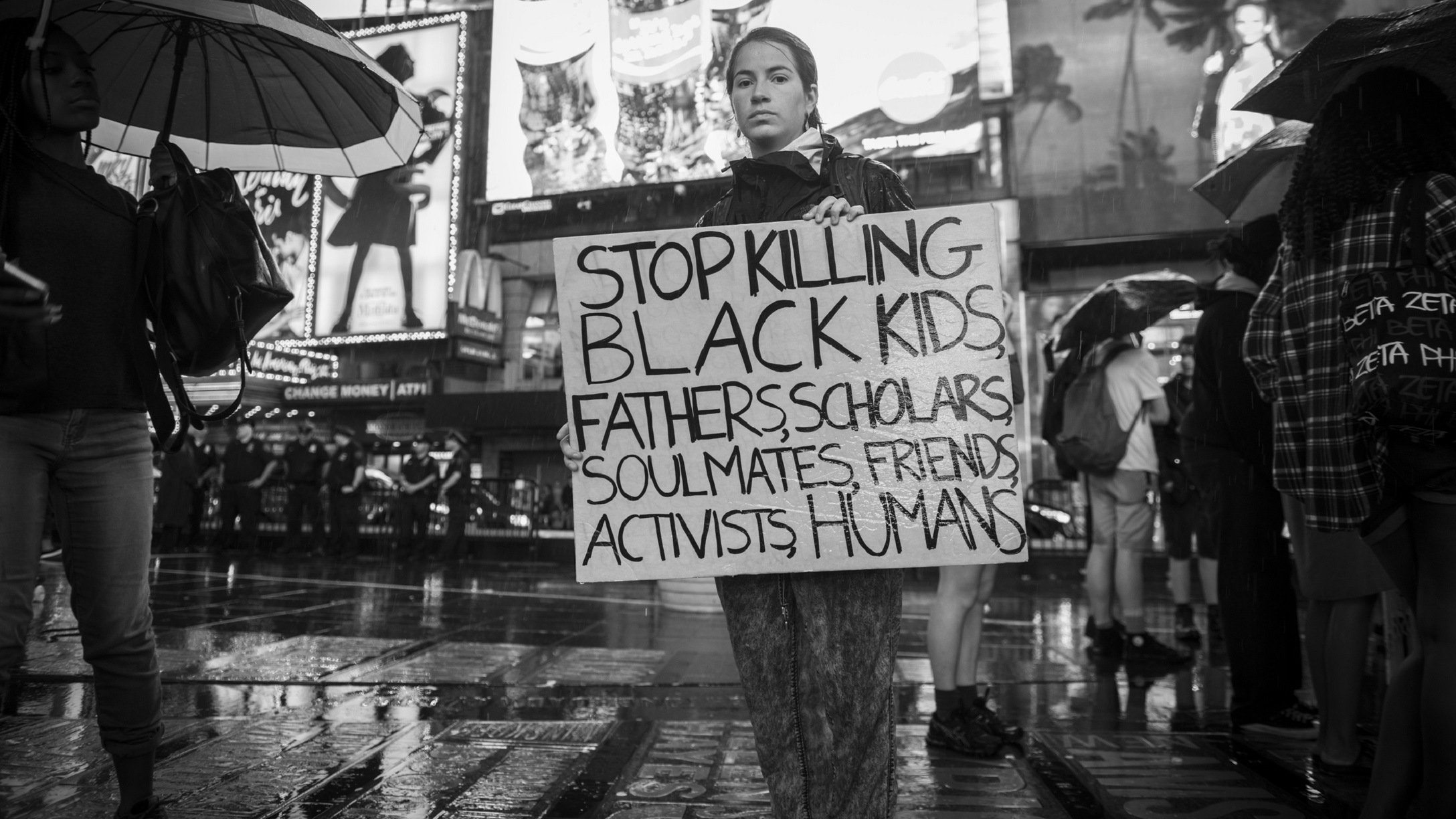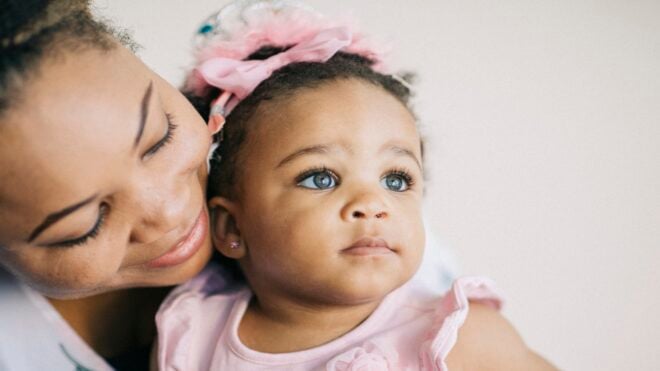
White privilege doesn’t mean you’re rich. White privilege doesn’t mean you engage in overt racism. White privilege is a status granted to those who inherit physical traits that don’t appear threatening to other white people. If you’re a white person, or a person who’s often identified as being white based on outward appearances, you immediately qualify as one who benefits from this particular privilege. Recognize it. Admit it.
Now, this isn’t to shame you about your privilege. You had no choice in the matter of what body you were born into. Black and brown people have that in common with you; none of us had a say about what body we’d be born into, yet we all inherited the histories of our ancestors anyway.
In America, history tells black and brown people that their bodies are always in danger. From slavery to lynchings to medical mistreatment to police brutality to being shot for walking or jogging in a certain neighborhood, violence against black bodies by white hands has become normalized. Educate yourself on the history of the African American experience.
While white parents have the privilege of expecting police officers to protect their kids, black parents harness constant anxiety about how law enforcement may perceive their children. Too many parents of color have to remind their school-aged children not to speak, dress, or move in a way that may threaten white people, including the police.
For instance, in Minneapolis, Minnesota, where George Floyd was killed in May by a cop who kneeled on his neck for almost nine minutes, the New York Times reported that police are seven times more likely to use force on black people in that city than they are on white people. On the subject of law enforcement, if you’re one to quickly argue that there’s potential for danger “on both sides,” check your biases. All lives can’t matter until black lives matter just as much as yours does.
Acknowledging your privilege, becoming informed about the disparities that separate people by color, and ceasing to defend a system that hasn’t worked for a disproportionate amount of black people are the first steps you should take in becoming an ally. But this checklist is an internal one. In order to aid change, you must act externally as well, or else your complacency contributes to the failure of the system.
In order to aid change, you must act externally as well, or else your complacency contributes to the failure of the system.
Speak up when you witness an injustice or hear a friend or family member continue to deny the flaws of systemic racial inequality.
Through white privilege, you have an audience that many black people will never have access to; you are a part of a community that has the option of ignoring racism while claiming “colorblindness.” For those with the privilege of denying racial inequality, there is a reality they ignore, which includes never having to interact with the oppressed they claim has the same rights as they do. Be the voice that demands change, even when people of color are absent.
Share black voices when you repost on social media.
You must first listen to our stories in order to empathize with our struggle. Then, once you are informed, it is your duty as an active ally to share information. Backlash should be expected, but when you’re armed with information, you’re able to engage thoughtfully. Consider the violent backlash that generations of black people have faced while asking to be treated as human beings. The more our stories are heard, the more the majority is forced to empathize with us as fellow humans deserving of equality in all aspects of life.
Document injustice whenever possible.
Arrests made on behalf of slain black people like George Floyd and Ahmaud Arbery happened because of video evidence. With the advancement of technology, witnesses and bystanders to acts of malice, aggression, and violence can record footage that might ultimately make or break decisions in the justice system. White privilege seems to present itself even in these instances, as illustrated by the live arrest of Omar Jimenez, a black correspondent for CNN. His white peers, documenting the same protest nearby, was allowed to continue reporting.
Vote for officials who support change.
Though this is an election year, it’s not just the presidential vote that matters. An overwhelming amount of the country has voted for prosecutors and public officials who don’t accurately reflect the diversity of the country we live in, leading to a narrative that villainizes non-white people and champions jails and prisons overrun with nonviolent people of color. Change is necessary.
The social system founded in America was one based on slavery and violence against black people. We have never been in a position to oppress white people, nor has that ever been the message. All we ask is to be treated fairly, as your privilege has afforded you. As James Baldwin said in a speech addressing the 1968 riots, “I want exactly what you want. And you know what you want. I want to be left alone.”







